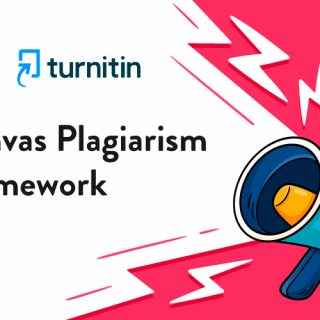
Skill Development
The content on this page has been kindly contributed by Dr. Martin Compton, Kings College London (KCL).
AI and Skills Development
Given the rapidity of change in terms of AI in education and the possibilities (and challenges) this presents, we need to consider what new skills, approaches and understandings all of us (academic staff, students, professional services staff) need as a baseline as well as the skills, approaches and understandings many of us will need. The discourse around AI and generative AI in particular means we are confronted with competing pictures of the landscape and wildly divergent predictions of the future.
Ongoing and valid concerns about data security, authenticity of output and academic work as well as equity and environmental implications create profound tensions between institutional and individual tendencies towards caution and risk aversion and the obvious necessity to move in accordance with the realities confronting us. If our goal is to drive narratives rather than simply respond to them and to harness potentials and opportunities as well recognize limitations and potential harms, it goes without saying that this connotes a need to develop.

What skills/ understandings do we need to develop?
A good starting point is to consider what sorts of skills and understandings we mean. Kara Kennedy has created an AI literacy framework, mapped to the UNESCO digital literacy global framework and it is worth taking a moment to consider our own skills against each of the elements and establish, at a personal level, what our priorities are and how we can realistically develop across those domains. Whilst this may seem daunting, we will need to make space to develop in this space. Acknowledging and accepting some key principles can really help:
- The innovations in AI are multi-faceted, fast-moving and complex and the implications for both students and staff are likely profound but also disputed or as yet unknown.
- For the vast majority of us, this is a new domain and many of us have not had hands on experience of using new tools, let alone time to explore what this means for the ways we teach and assess and how and what ‘appropriate use’ might be determined.
- Accept that this is a complex and controversial landscape, that there is discord and risk but that the better informed and skilled we become, the better we are at forming our own judgements and driving the narratives and approaches to teaching and assessment.
- Advances in AI need to be considered through the lens of teaching, learning, assessment and feedback (as well as research and administrative data management) rather than as a separate ‘thing’. We have an opportunity to reflect on how and why we do things the way we do, to make a case for sustaining approaches that work but be open to considering novel or even radically different ways of working.
How do we do it?
When journeying in an unexplored territory, it is advisable to travel with others. In other words, find ways to surface discussions and debate and to collaborate on the skills development itself. Talking with students and colleagues is something we can all do now, irrespective of expertise. This should form part of a multi-faceted approach where opportunities for experimentation are taken and supported, where action-research is encouraged and decision-making is enabled at local level within the broad strategic direction of the institution.
At a practical level, we should resist impulsive responses and explore ways in which we might develop or modify curricula and assessments, engaging students in the discussions and development wherever possible. Above all, look for ways to get hands-on experience and to explore key themes through trusted and focused resources.


